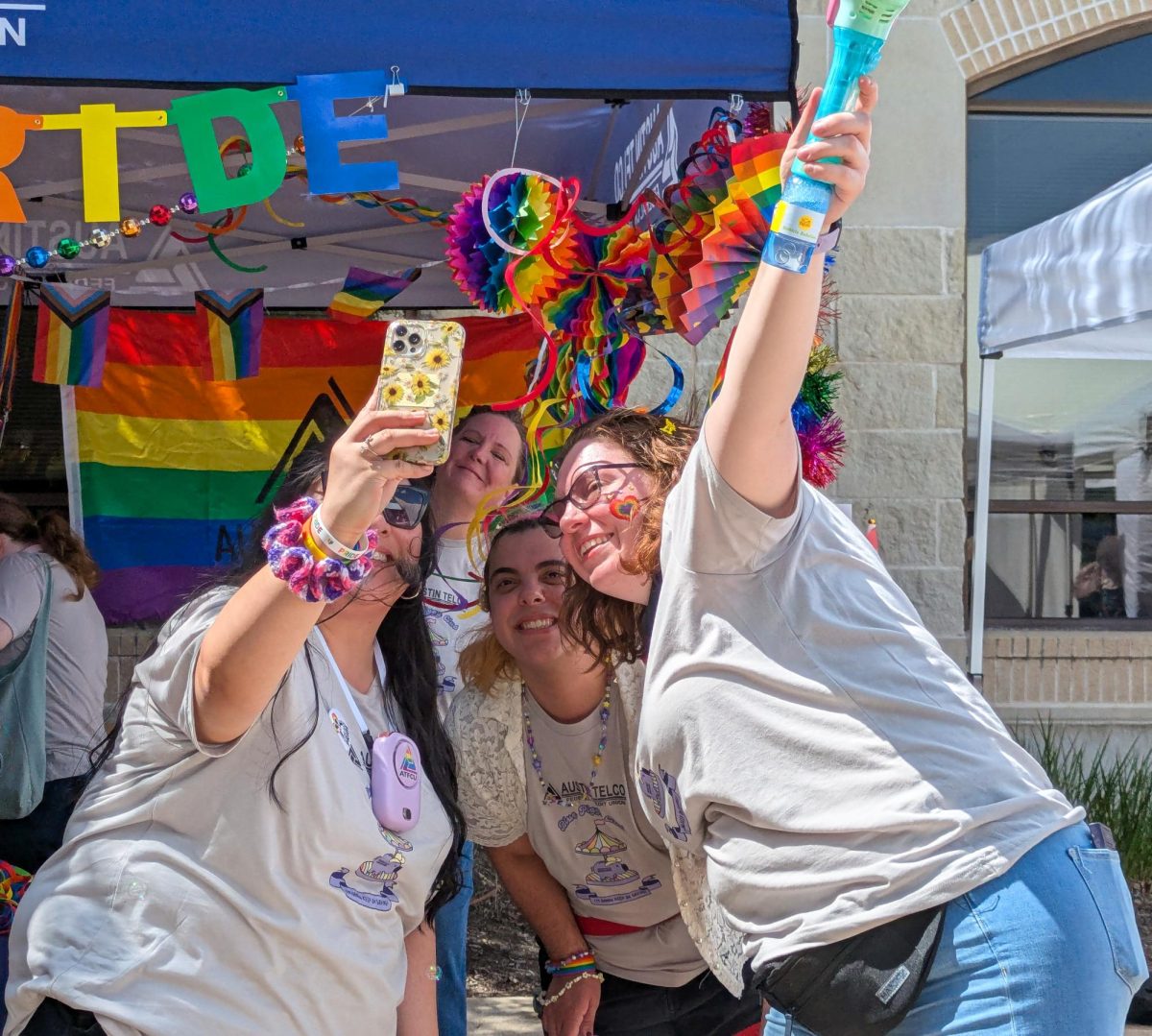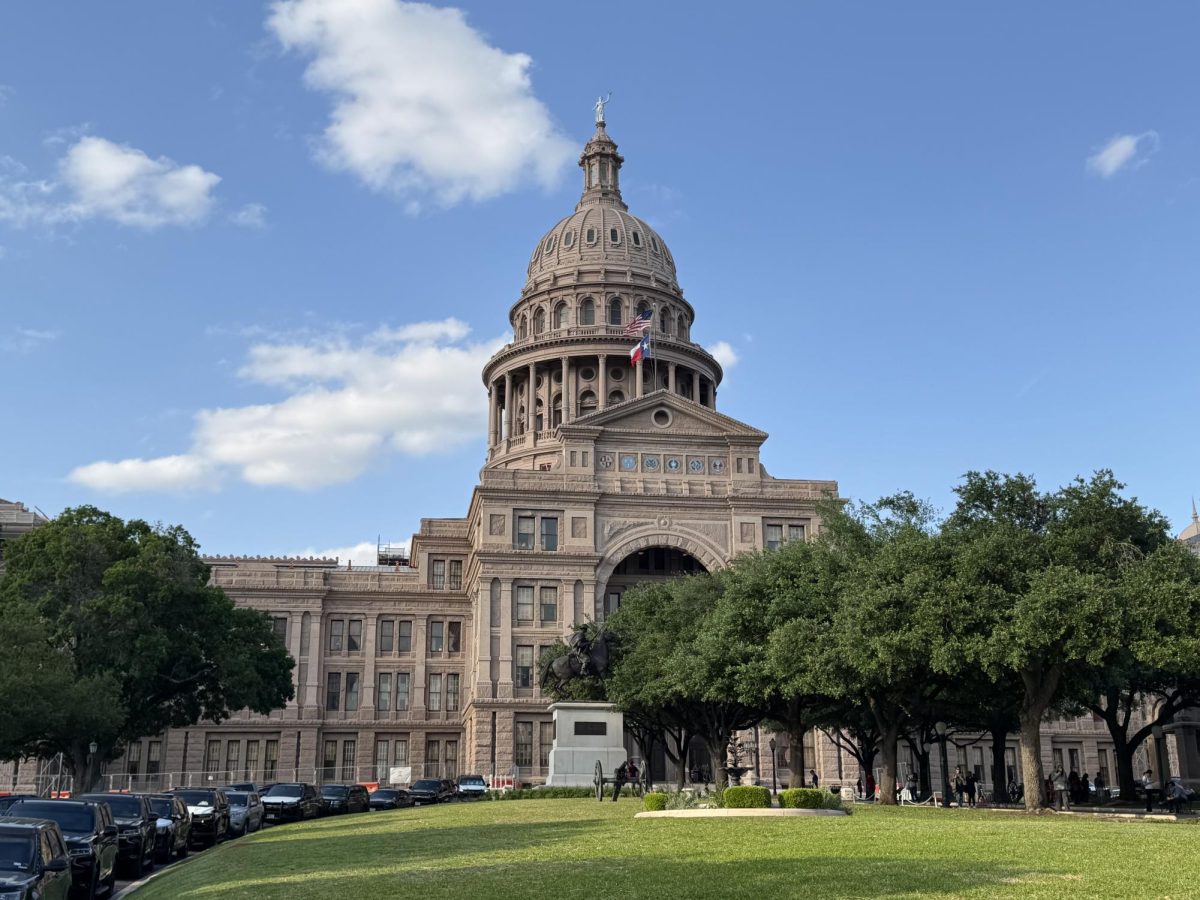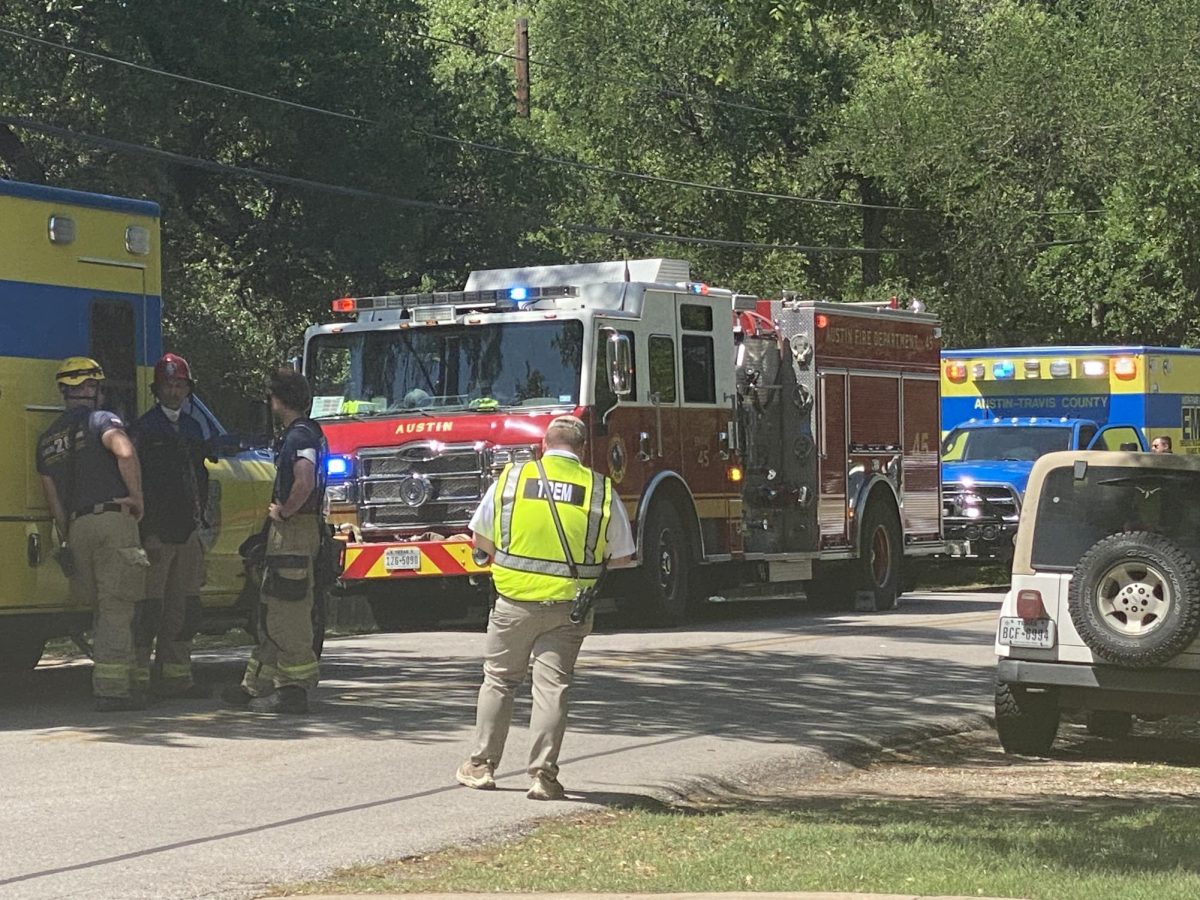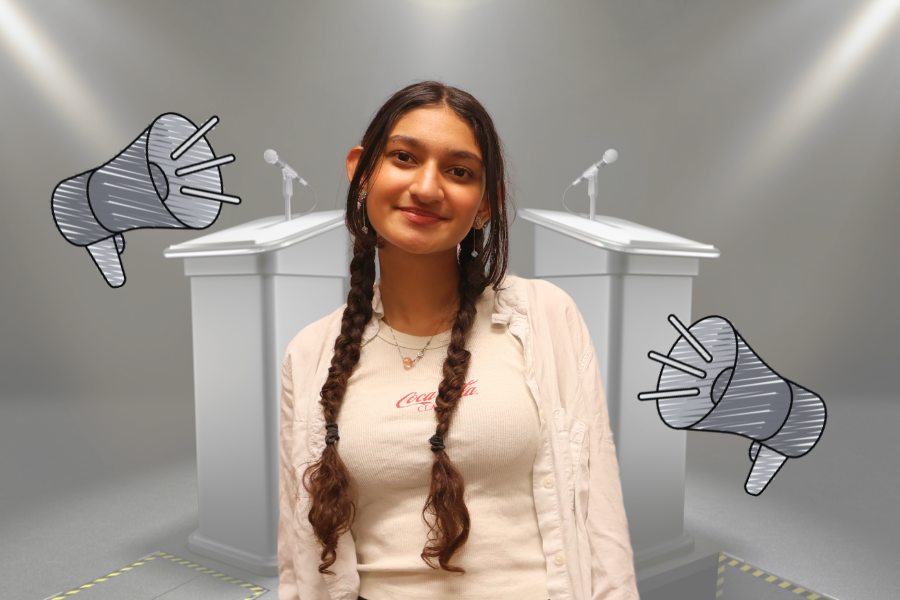On June 24, 2022, the Supreme Court overturned Roe v. Wade, which meant that the option to have an abortions was left to the states to decide. This ruling led Texas to fully ban abortions after the first six weeks of pregnancy.
After a visit to her OB-GYN, the 20-week-pregnant Kate Cox was told that her fetus had Edwards Syndrome and had practically no chance of survival. This led doctors to advise her to receive an abortion, as her pregnancy now risked her future fertility and had become life-threatening.
On Dec. 7, in an attempt to receive a life-saving abortion, Cox acquired a district court ruling allowing her to go against Texas’s state laws. Quickly after the ruling had taken place, Texas Attorney General Ken Paxton warned the Cox family and Cox’s physicians that if she were to carry out with the abortion, they could face civil and criminal penalties — including first-degree felony prosecutions with a starting cost of $100,000, and a loss of Cox’s medical license.
“This situation, to me, is a reminder that [we] truly cannot trust the people we’re told to trust from day one. The fact that women cannot decide what happens with their bodies is absolutely disgusting. And it reminds me everyday that, as a woman, the choice has never really been mine,” Lauren McNair ’25 said.
The following day, the Supreme Court counteracted and went on to deny Cox the court ruling she had acquired, which then forbid her from receiving an abortion in the state of Texas.
“I think the state should not have the right to comment on her body, especially when it’s a life or death situation. I also don’t think judges should be the ones playing doctor, when they have no right to do so. I personally think she handled the situation really well,” Sofia Granados ‘27 said.
With her hands tied legally and an inability to receive a safe abortion in Texas, Cox and her family had no choice but to leave the state in a decision announced on Dec. 10.
“I think this [circumstance] sheds light on how although sometimes it may feel like it, the fight for equality between genders is not over, and is still something that we must work for,” Ariana Fresques ‘26 said. “I think what would fix this situation is if abortion was legal, and left the decision completely up to the mothers and doctors, not the court.”
This case opened the eyes of many to the extent of the implemented Texas Heartbeat Act, which prevents women from receiving in-state abortion. This also led people to further question the equality between genders regarding issues over medical processes, such as the potential need for more female voices in debates about abortion.















